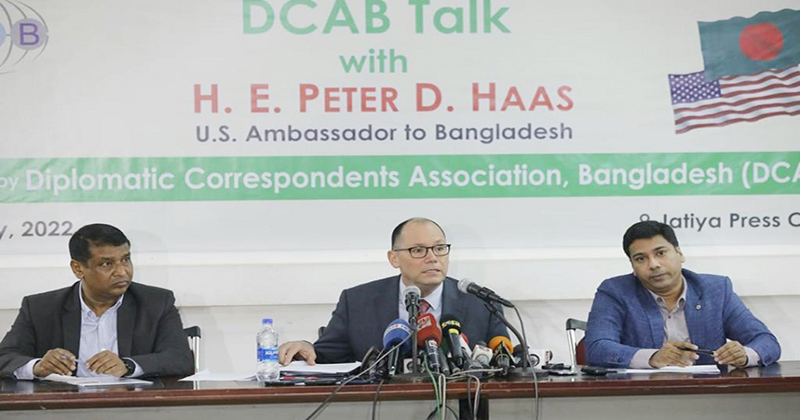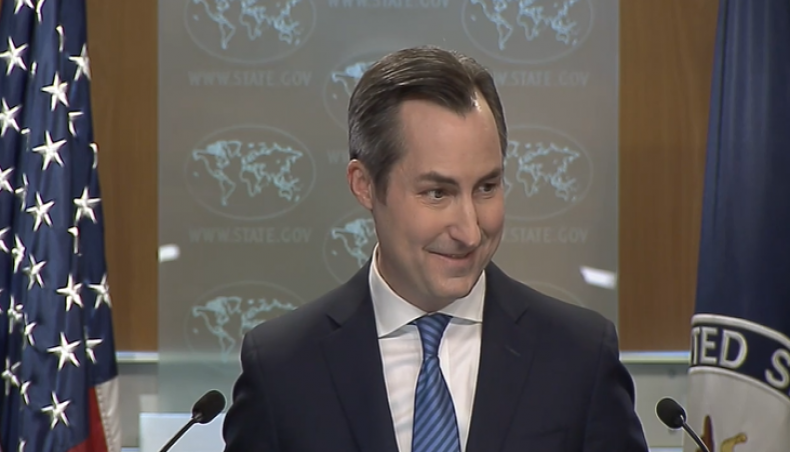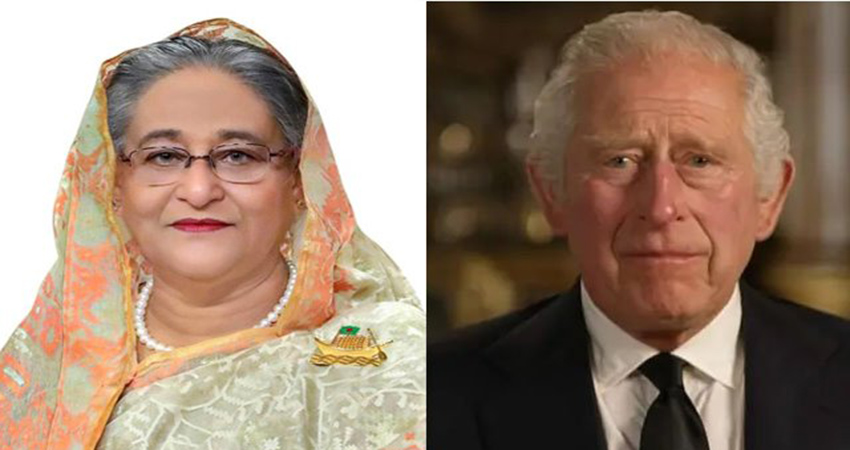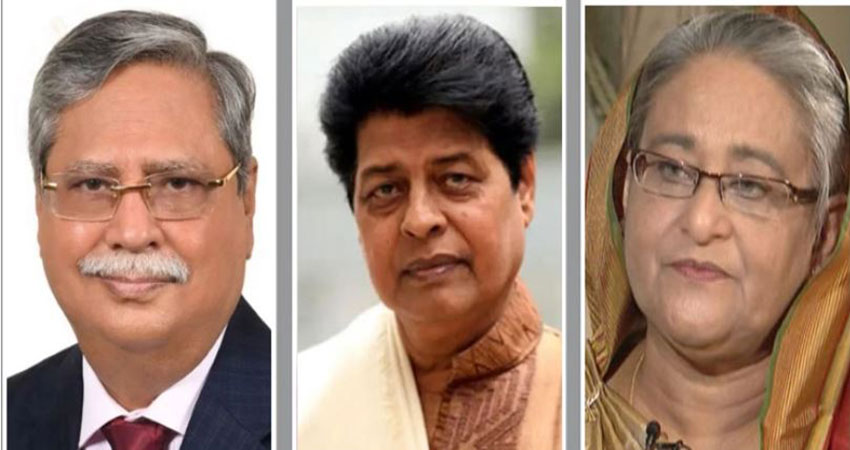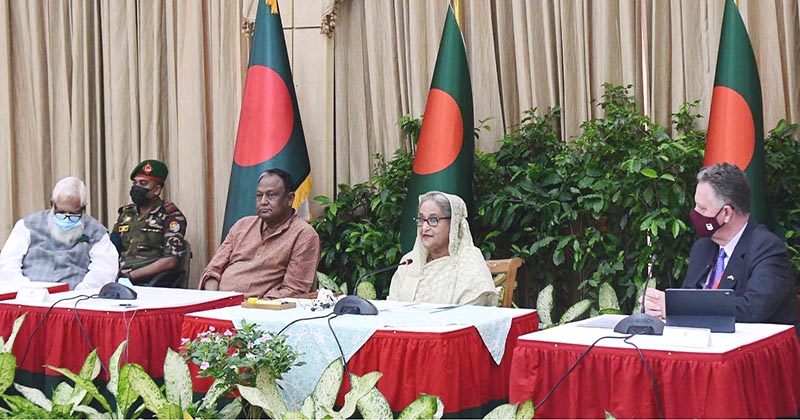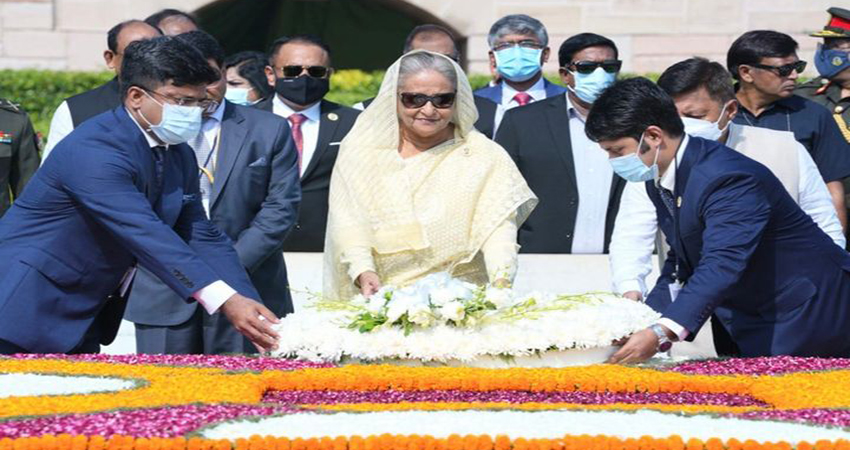US Ambassador to Bangladesh Peter Haas on Tuesday said his country will remain a “steadfast partner” of Bangladesh in its journey towards further development.
"The United States should remain the same steadfast partner to Bangladesh for the next fifty years as it has been over the past fifty years," he said, mentioning three things that he plans to report when he gets to Washington.
Ambassador Haas has been here in Bangladesh for about three months, and he is about to go on his first trip to Washington since he arrived here.
"While I am there, I plan to meet with a number of U.S. government officials, congressional staffers, NGOs, and businesspeople to discuss my experiences and observations in this country so far," said the US envoy.
Haas mentioned that he will say in Washington that in the last 50 years, Bangladesh had had no better friend than the United States. “And that it will have no better friend over the next 50 years.”
He said both the successes of Bangladesh and the challenges it faces are real.
Ambassador Haas was delivering his speech at "DCAB Talk" hosted by Diplomatic Correspondents Association, Bangladesh (DCAB) at Jatiya Press Club.
DCAB President Rezaul Karim Lotus moderated the programme while its General Secretary AKM Moinuddin delivered welcome remarks.
Haas said Bangladesh will soon graduate from Least Developed Country status, and it is steadily progressing towards becoming a middle-income country. “These accomplishments are real, tangible, and truly extraordinary.”
The envoy said Bangladesh’s geography on a low-lying river delta, with a long coastline and large floodplains, makes it extremely vulnerable to the effects of climate change.
He said when it comes to democracy and human rights, the United States raised their concerns publicly and privately.
He reiterated they are concerned about press freedom, especially the Digital Security Act, and several draft laws and regulations that could inhibit press freedom.
“We are concerned about human rights abuses, including extrajudicial killings and enforced disappearances,” Ambassador Haas said.
On December 10, 2021, Human Rights Day, the United States imposed sanctions on the Rapid Action Battalion and some of its officials based on what he said “credible evidence” of serious human rights abuse.
He said they are also concerned about insufficient labor rights and poor working conditions in Bangladesh.
These concerns, unfortunately, cost Bangladesh access to the U.S. Generalized System of Preferences trade benefit, or GSP, in 2013, he mentioned, adding that they are also causing Bangladesh to miss out on the US Development Finance Corporation, a massive source of investment capital from the United States.
He said they are ready to continue to work with Bangladesh and build on the progress they have made together in food security, health, and reducing poverty – while identifying new and innovative approaches to address issues like climate change, promoting democratic principles, and sustaining Bangladesh’s impressive economic growth

